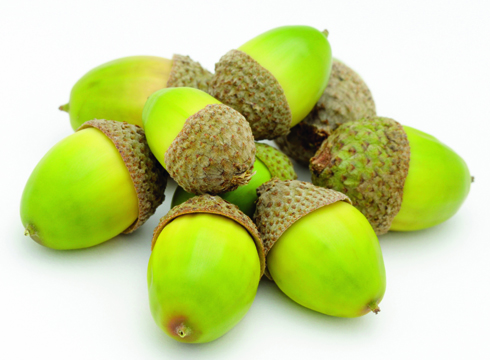Horse owners are being warned to be extremely vigilant about acorns following an unusual spike number of deaths in the New Forest area.
The tannins found in acorns, oak leaves and branches are poisonous to horses, causing gastroenteritis, bleeding in the gut and kidney failure.
Already this autumn 31 ponies roaming on the New Forest have died, along with 12 cattle. Usually only 6 animals would be lost each autumn — but this is a “mast” year, when some tree species such as oaks and apple trees produce an abundance of fruit.
Hannah Edgson from Seadown equine vets near Southampton has euthanased 2 or 3 ponies each week since acorns started falling.
“It’s worse than most people can remember,” she said. “No acorn is safe — so take them seriously and don’t take any risks. One local riding school has lost 2 horses and we are nursing another 6 or 7 of the other horses through.”
The Verderers of the New Forest turn out pigs for 60 days every autumn to eat the acorns. This year the Forestry Commission has allowed to the pigs to stay out an extra 6 weeks, until 15 December, to cope with the quantities of acorns.
Acorn poisoning is most often fatal and there is no treatment. Vets can offer only charcoal feeds, Epsom salts and liquid paraffin to move things through the gut, while supporting the horse with fluids and electrolytes.
Maggie Drodge from East Boldre, Hants, lost her 18-year-old cob Bob on 1 November, the day after the heavy storms in the south-east, when a huge number of acorns and leaves were blown into his field.
“Every single year I fence off the oak trees, pick up all the acorns and check the fields religiously,” she said.
“I checked them the day before he died, but the storm blew a lot of leaves into his field which he is very partial to. I found him down, with blue gums and very lethargic. It makes me so angry that I am so careful with acorns and I still lost him.”
Signs of acorn poisoning include colic, depression, loss of appetite and early constipation followed by bloody diarrhoea.
“The earliest sign is a quiet horse,” said Miss Edgson. “Normally a horse owner will monitor that horse for 24hr, but it will be too late — if you have any doubts call the vet immediately.




